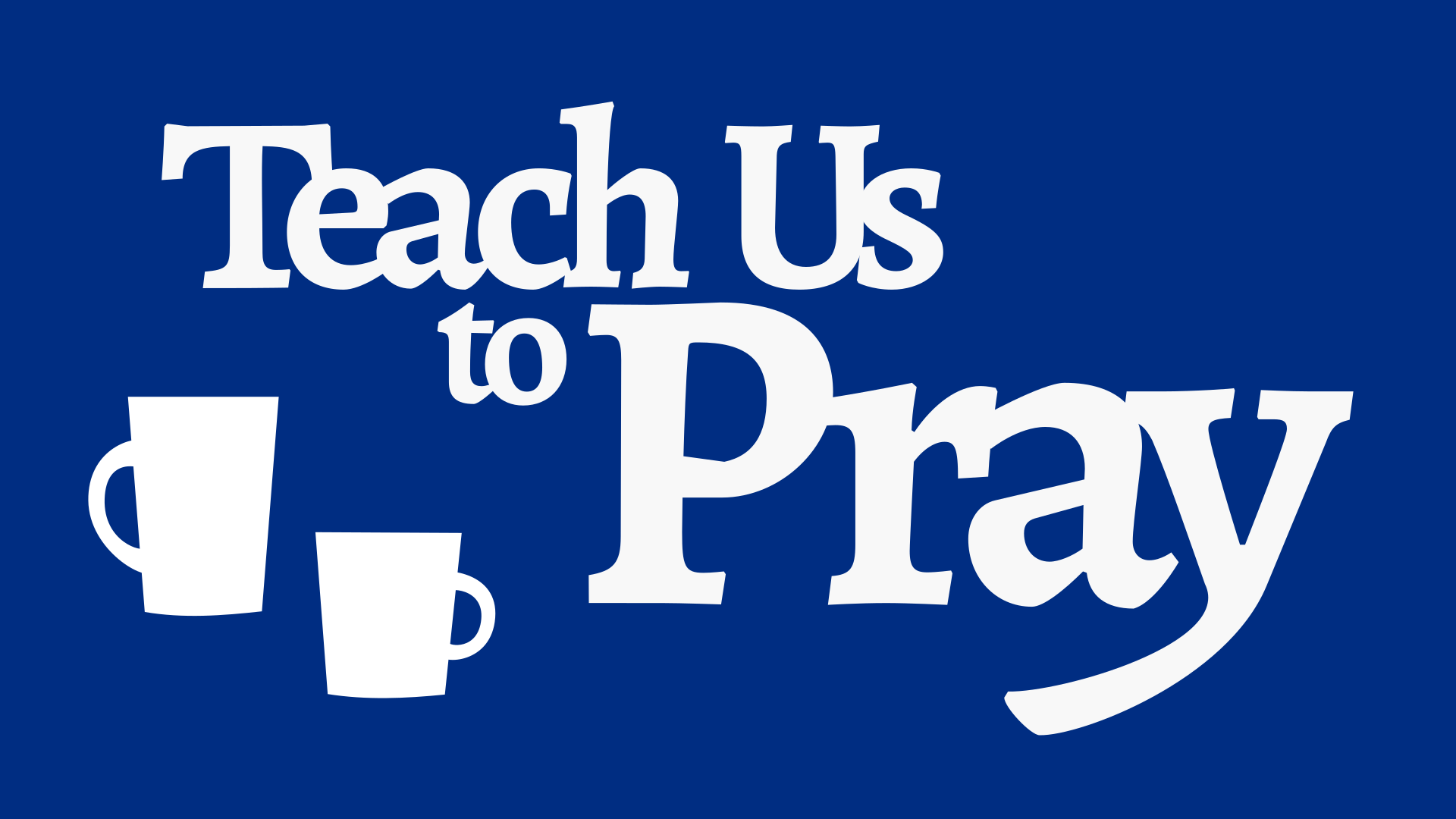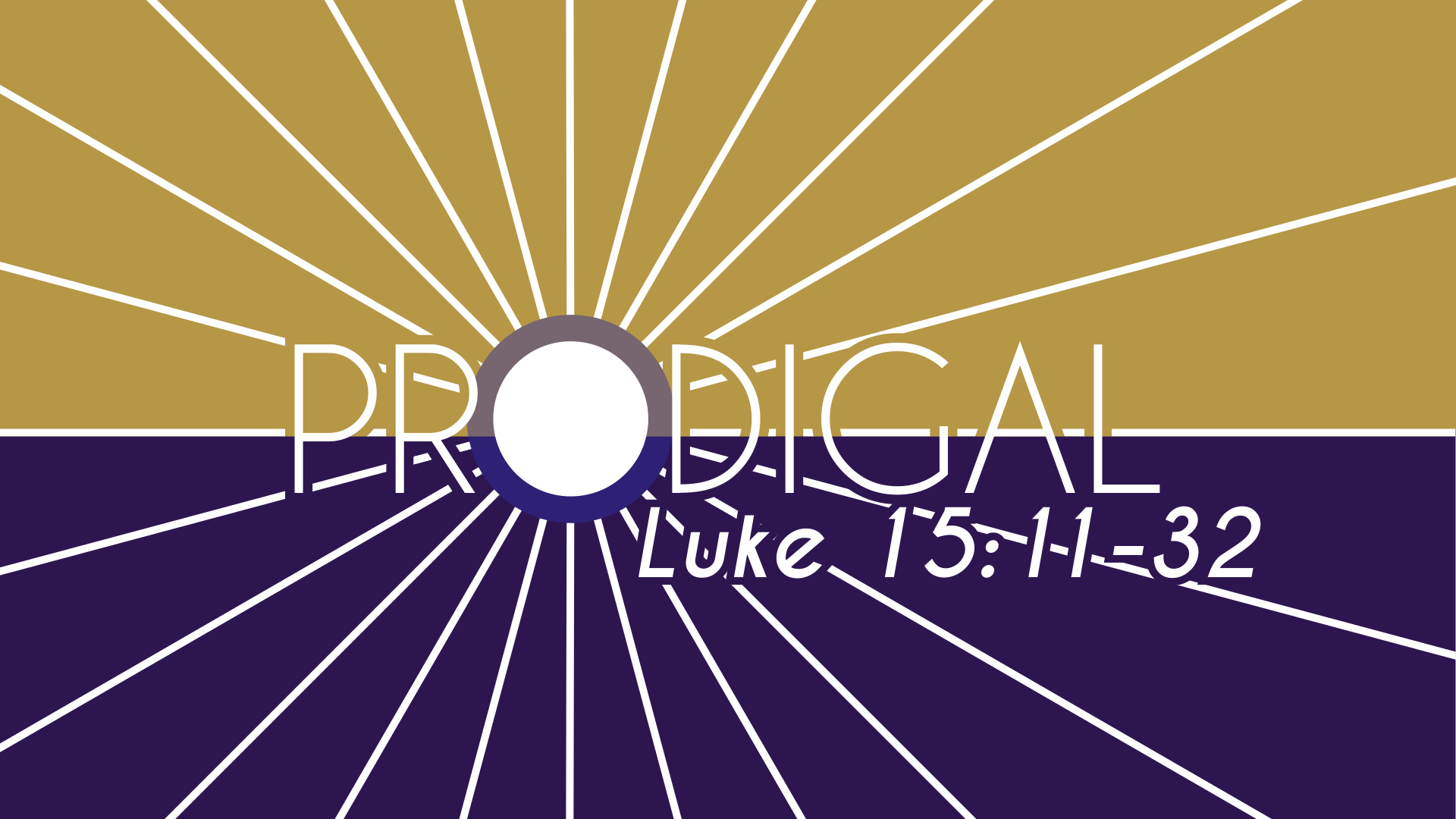
by admin | May 31, 2020 | Sermon Audio and Notes, Teach Us To Pray
5 “And when you pray, you must not be like the hypocrites. For they love to stand and pray in the synagogues and at the street corners, that they may be seen by others. Truly, I say to you, they have received their reward. 6 But when you pray, go into your room and shut the door and pray to your Father who is in secret. And your Father who sees in secret will reward you.
7 “And when you pray, do not heap up empty phrases as the Gentiles do, for they think that they will be heard for their many words. 8 Do not be like them, for your Father knows what you need before you ask him.
9 Pray then like this:
“Our Father in heaven,
hallowed be your name.
10 Your kingdom come,
your will be done,
on earth as it is in heaven.
11 Give us this day our daily bread,
12 and forgive us our debts,
as we also have forgiven our debtors.
13 And lead us not into temptation,
but deliver us from evil.
Matthew 6:5-13
This week we are looking at the second line of the Lord’s Prayer: “hallowed by your name.” Throughout the Bible, and even today, we know that names are important because they hold meaning. To “hallow” the Lord’s name means to hold it sacred, to give it honor, and to recognize that it cannot be boxed. It also reveals to us the reverence, purity, and power that is the name of God. Thus, when we pray, we should know to whom we are praying to: the all-mighty, all-pwoerful, and all-loving God.
When we come to understand to whom we are praying, and interesting thing happens. Our hearts desires start to align with who God is because our struggles are being reordered to fall beneath the Great Name of God. Pastor Yami revealed to us that “the name of our struggles are not even comparable to the Name of God” so we can come to God with the full confidence in His power to bring about change. We are no longer slaves to our struggles because they are no match for our God.
- What are the names of the things troubling you right now?
- Where do you need to start recognizing who God is?
Catch up on earlier Teach Us to Pray sermons: Week 1, Week 2

by admin | May 19, 2020 | Sermon Audio and Notes, Teach Us To Pray
5 “And when you pray, you must not be like the hypocrites. For they love to stand and pray in the synagogues and at the street corners, that they may be seen by others. Truly, I say to you, they have received their reward. 6 But when you pray, go into your room and shut the door and pray to your Father who is in secret. And your Father who sees in secret will reward you.
7 “And when you pray, do not heap up empty phrases as the Gentiles do, for they think that they will be heard for their many words. 8 Do not be like them, for your Father knows what you need before you ask him.
9 Pray then like this:
“Our Father in heaven,
hallowed be your name.
Matthew 6:5-9
This week we are looking at Jesus’ model of how to pray and really zooming in just on the first sentence: “Our Father in heaven, hallowed by your name.” This single sentence can seem simple, yet its implications are quite profound. Because of Jesus’ sacrifice for us, we are now adopted into His family, making us heirs with Christ. This is remarkable considering that we as humans, are sinful beings and thus should be eternally separated from God. But God loved us so much that He made a way for us to be reconciled back to Him, even going as far as adopting us into His very family.
Now, because of our new status as sons and daughters of the Most High, we are able to come to our Father with a childlike posture. This means, we don’t need to start our prayers like we are strangers to God, but rather with the confidence knowing that He fully understands the cost of our adoption, and still chooses to love us every day. When we pray “Our Father” there is authority, affection, fellowship, and honor between God and us which disarms all of the selfish, prideful, or angry feelings that we may holding onto.
- What gives your confidence when you pray? Is it how good you are are praying or your relationship with God?
- Examine your motivation when you pray or when you don’t pray – is it because it is a task or a delight?
Catch up on earlier Teach Us to Pray sermons: Week 1

by admin | May 10, 2020 | Sermon Audio and Notes, Teach Us To Pray
5 “And when you pray, you must not be like the hypocrites. For they love to stand and pray in the synagogues and at the street corners, that they may be seen by others. Truly, I say to you, they have received their reward. 6 But when you pray, go into your room and shut the door and pray to your Father who is in secret. And your Father who sees in secret will reward you.
7 “And when you pray, do not heap up empty phrases as the Gentiles do, for they think that they will be heard for their many words. 8 Do not be like them, for your Father knows what you need before you ask him.
Matthew 6:5-8
This week we start a new message series called “Teach Us To Pray” where we will be unpacking different elements of prayer and redefining how it impacts our daily lives. This message encourages us to see prayer as a way to intentionally choose to invite God into what is going on inside of our bodies, hearts, minds, and souls. When God invites us to pray, He is a father figure wanting to hear from His kids, and it is important for us to remember that He actually wants to be a part of doing life with us.
We also find out that we need to unlearn some of the unhelpful ways that others have taught us how to pray. Prayer is not about showing off or about competing with someone else’s prayer, so there should be no pressure for prayer to be a performance. It also might be tempting to only go to God when times get tough, but it is important for us to always be including God is our lives, especially the times of celebration. Finally, at it’s core, prayer is about listening and responding to God. It’s about a relationship with your Heavenly Father.
- What is your prayer life revealing about who God is to you? Is He someone to trick into giving you things or is He a Father?
- What burdens are you carrying because you are not really sure if God is able to hear you?
- What is one thing you need to give up this week to receive God’s invitation into a better prayer life?

by admin | May 3, 2020 | Prodigal, Sermon Audio and Notes
11 And he said, “There was a man who had two sons. 12 And the younger of them said to his father, ‘Father, give me the share of property that is coming to me.’ And he divided his property between them. 13 Not many days later, the younger son gathered all he had and took a journey into a far country, and there he squandered his property in reckless living. 14 And when he had spent everything, a severe famine arose in that country, and he began to be in need. 15 So he went and hired himself out to one of the citizens of that country, who sent him into his fields to feed pigs. 16 And he was longing to be fed with the pods that the pigs ate, and no one gave him anything.
17 “But when he came to himself, he said, ‘How many of my father’s hired servants have more than enough bread, but I perish here with hunger! 18 I will arise and go to my father, and I will say to him, “Father, I have sinned against heaven and before you. 19 I am no longer worthy to be called your son. Treat me as one of your hired servants.”’ 20 And he arose and came to his father. But while he was still a long way off, his father saw him and felt compassion, and ran and embraced him and kissed him. 21 And the son said to him, ‘Father, I have sinned against heaven and before you. I am no longer worthy to be called your son.’ 22 But the father said to his servants, ‘Bring quickly the best robe, and put it on him, and put a ring on his hand, and shoes on his feet. 23 And bring the fattened calf and kill it, and let us eat and celebrate. 24 For this my son was dead, and is alive again; he was lost, and is found.’ And they began to celebrate.
25 “Now his older son was in the field, and as he came and drew near to the house, he heard music and dancing. 26 And he called one of the servants and asked what these things meant. 27 And he said to him, ‘Your brother has come, and your father has killed the fattened calf, because he has received him back safe and sound.’ 28 But he was angry and refused to go in. His father came out and entreated him, 29 but he answered his father, ‘Look, these many years I have served you, and I never disobeyed your command, yet you never gave me a young goat, that I might celebrate with my friends. 30 But when this son of yours came, who has devoured your property with prostitutes, you killed the fattened calf for him!’ 31 And he said to him, ‘Son, you are always with me, and all that is mine is yours. 32 It was fitting to celebrate and be glad, for this your brother was dead, and is alive; he was lost, and is found.’”
Luke 15:11-32
This week we conclude our Prodigal series by looking at the great cost the Father paid for both of his wayward sons. Not only did the Father have to endure the rejection of his younger son but also the shame that both of his son’s caused him. However, because he is a good father, we see that his response is one of love and compassion as he invites his sons back into his good graces. He even celebrates when they return because he cares more about their hearts than he does about his stuff.
This sermon also reveals the identity of the true elder brother: Jesus. Instead of being angry when we mess up, Jesus goes after us and actually gives up his share so that we do not feel alienated. As the True Elder Brother, Jesus fights for our place in the family and chooses us to be loved by God, our ultimate Father.
- With the understanding that God cares more about our hearts than He does about what we do, what areas of your life do you need to repent and turn back to God?
- How can you embrace Jesus as your True Elder Brother and live knowing that He is perusing you, fighting for you, and choosing you every day?
Catch up on earlier Prodigal sermons: Week 1, Week 2

by admin | May 3, 2020 | Prodigal, Sermon Audio and Notes
11 And he said, “There was a man who had two sons. 12 And the younger of them said to his father, ‘Father, give me the share of property that is coming to me.’ And he divided his property between them. 13 Not many days later, the younger son gathered all he had and took a journey into a far country, and there he squandered his property in reckless living. 14 And when he had spent everything, a severe famine arose in that country, and he began to be in need. 15 So he went and hired himself out to one of the citizens of that country, who sent him into his fields to feed pigs. 16 And he was longing to be fed with the pods that the pigs ate, and no one gave him anything.
17 “But when he came to himself, he said, ‘How many of my father’s hired servants have more than enough bread, but I perish here with hunger! 18 I will arise and go to my father, and I will say to him, “Father, I have sinned against heaven and before you. 19 I am no longer worthy to be called your son. Treat me as one of your hired servants.”’ 20 And he arose and came to his father. But while he was still a long way off, his father saw him and felt compassion, and ran and embraced him and kissed him. 21 And the son said to him, ‘Father, I have sinned against heaven and before you. I am no longer worthy to be called your son.’ 22 But the father said to his servants, ‘Bring quickly the best robe, and put it on him, and put a ring on his hand, and shoes on his feet. 23 And bring the fattened calf and kill it, and let us eat and celebrate. 24 For this my son was dead, and is alive again; he was lost, and is found.’ And they began to celebrate.
25 “Now his older son was in the field, and as he came and drew near to the house, he heard music and dancing. 26 And he called one of the servants and asked what these things meant. 27 And he said to him, ‘Your brother has come, and your father has killed the fattened calf, because he has received him back safe and sound.’ 28 But he was angry and refused to go in. His father came out and entreated him, 29 but he answered his father, ‘Look, these many years I have served you, and I never disobeyed your command, yet you never gave me a young goat, that I might celebrate with my friends. 30 But when this son of yours came, who has devoured your property with prostitutes, you killed the fattened calf for him!’ 31 And he said to him, ‘Son, you are always with me, and all that is mine is yours. 32 It was fitting to celebrate and be glad, for this your brother was dead, and is alive; he was lost, and is found.’”
Luke 15:11-32
When reading the Parable of the Prodigal Son, it can be easy to focus our attention on the rebellious acts of the younger brother, or even of the forgiveness and grace of the Father, all while unintentionally overlooking the entitlement of the elder brother. In this sermon, Pastor Yami takes some time to explain why the elder brother is so important for us focus on today and provides 4 clear markers of “elder brotherness” that we can be on the lookout for in our own lives.
If we are unable to recognize the areas of our lives where we tend to look more like the elder brother, we can unintentionally create a culture that is counterproductive to the Gospel. Instead of sewing seeds of love and mercy, we tend to be hyper critical, judgmental, and even hateful. Thankfully, the same Father that warmly welcomed the younger brother also invites the elder brother into his loving arms of grace.
- Are there areas in your own life that look more like the elder brother?
- What might God be inviting you to surrender into His loving arms today?
Catch up on earlier Prodigal sermons: Week 1




Recent Comments